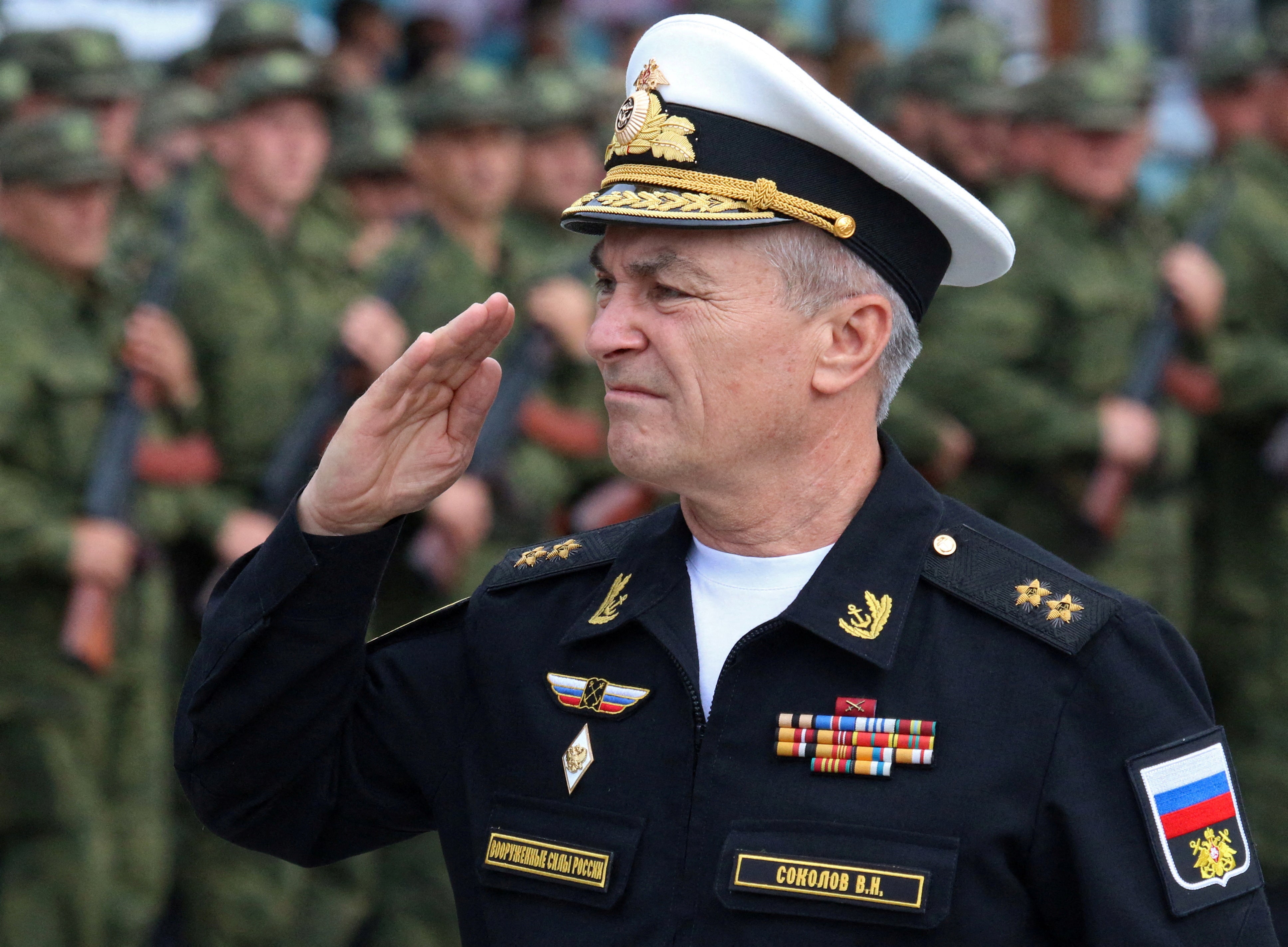War crime arrest warrants issued for top Russian commanders Sergei Kobylash and Viktor Sokolov
An arrest warrant has previously been issued for Vladimir Putin

The International Criminal Court (ICC) has issued arrest warrants for top Russian commanders Sergei Kobylash and Viktor Sokolov over alleged war crimes in Ukraine.
The ICC, based in The Hague, said there were reasonable grounds to believe that the two suspects were responsible for “missile strikes carried out by the forces under their command against the Ukrainian electric infrastructure from at least 10 October 2022 until at least 9 March 2023”.
This is the second set of warrants for the arrest of Russian officials related to the war in Ukraine.
In March last year the ICC issued warrants for the arrest of President Vladimir Putin and Children’s Commissioner Maria Lvova-Belova on war crimes charges related to the abduction of Ukrainian children. The Kremlin rejects the allegations.
ICC chief prosecutor, Karim Khan, said at the time that “many of these children, we allege, have since been given up for adoption in the Russian Federation” and that a Russian law change has made it easier for the children to be adopted by families.
“We must ensure that those responsible for alleged crimes are held accountable and that children are returned to their families and communities... we cannot allow children to be treated as if they are the spoils of war,” Mr Khan said.
Ms Lvova-Belova said she had “adopted” a child from the Ukrainian city of Mariupol, now under Russian control.
The ICC on Tuesday said the attacks on Ukraine’s electrical grid caused civilian harm and damage that would have been clearly excessive to any expected military advantage.
Ukraine’s prosecutors were already investigating possible war crimes after a winter campaign of air strikes on Ukrainian energy and utilities infrastructure.
Russia denies deliberately targeting civilian infrastructure in Ukraine, saying its attacks are all intended to reduce Kyiv’s ability to fight.
The Geneva conventions and additional protocols shaped by international courts say that parties involved in a military conflict must distinguish between “civilian objects and military objectives” and that attacks on civilian objects are forbidden.
That seems clear-cut, but some infrastructure owned and used by civilians can also be a military objective if they can make an effective contribution to military action or their destruction offers a definitive military advantage.
Experts have argued civilian power plants or railways could fall into this category.
Subscribe to Independent Premium to bookmark this article
Want to bookmark your favourite articles and stories to read or reference later? Start your Independent Premium subscription today.

Join our commenting forum
Join thought-provoking conversations, follow other Independent readers and see their replies